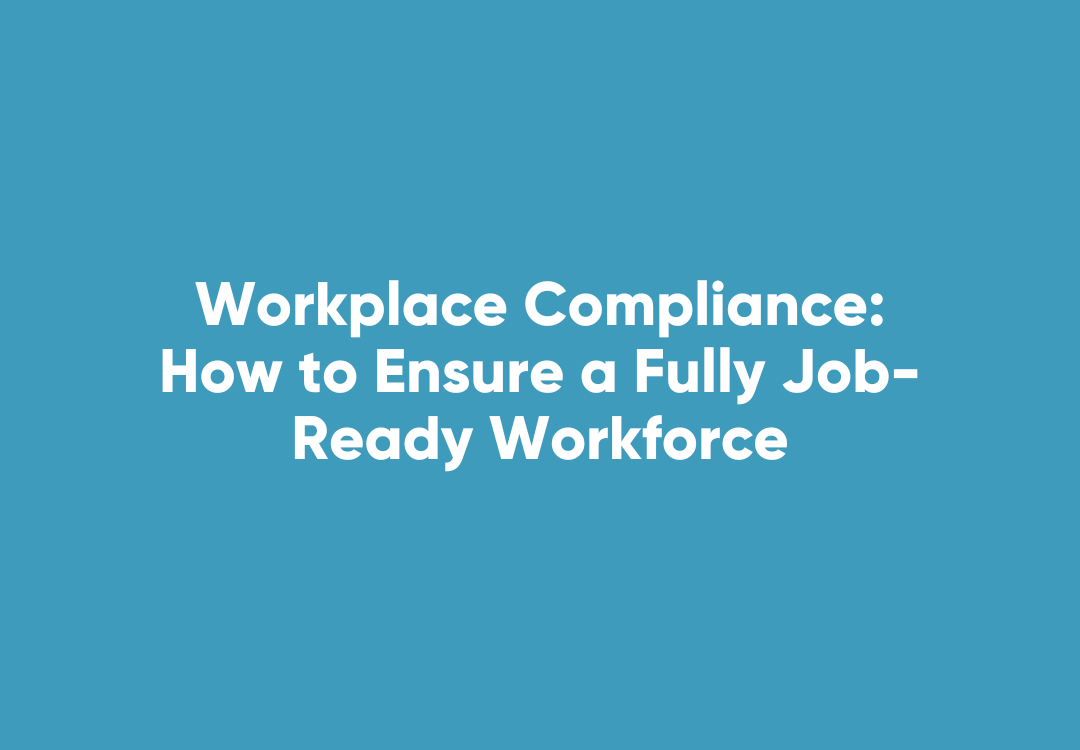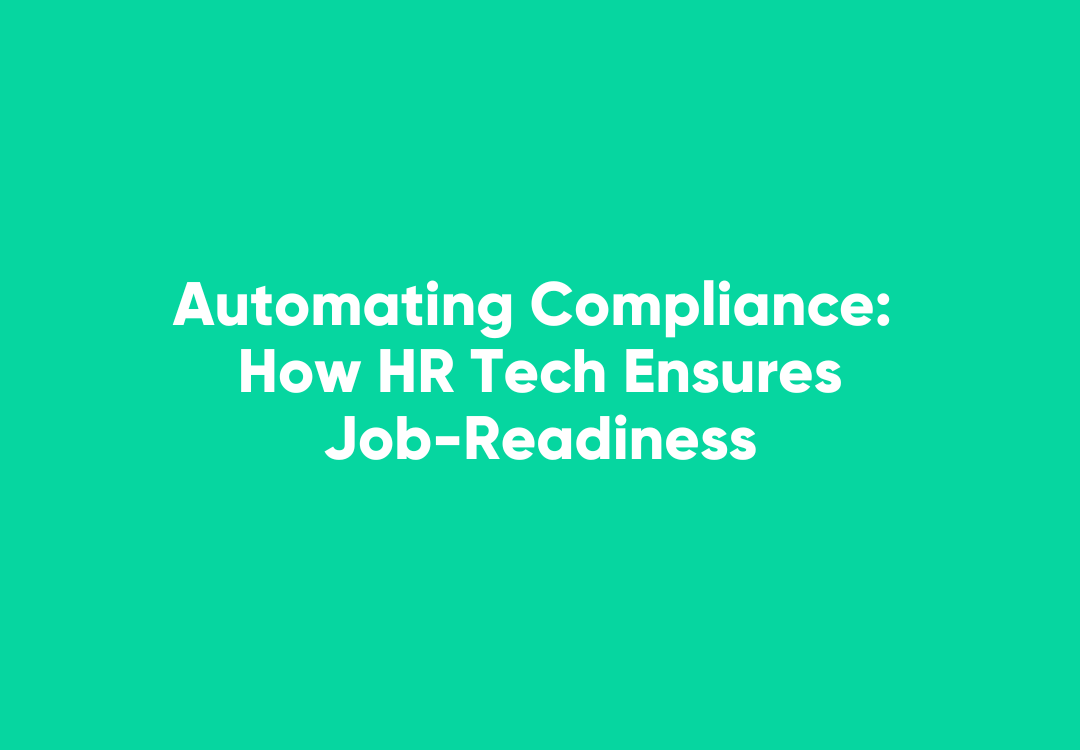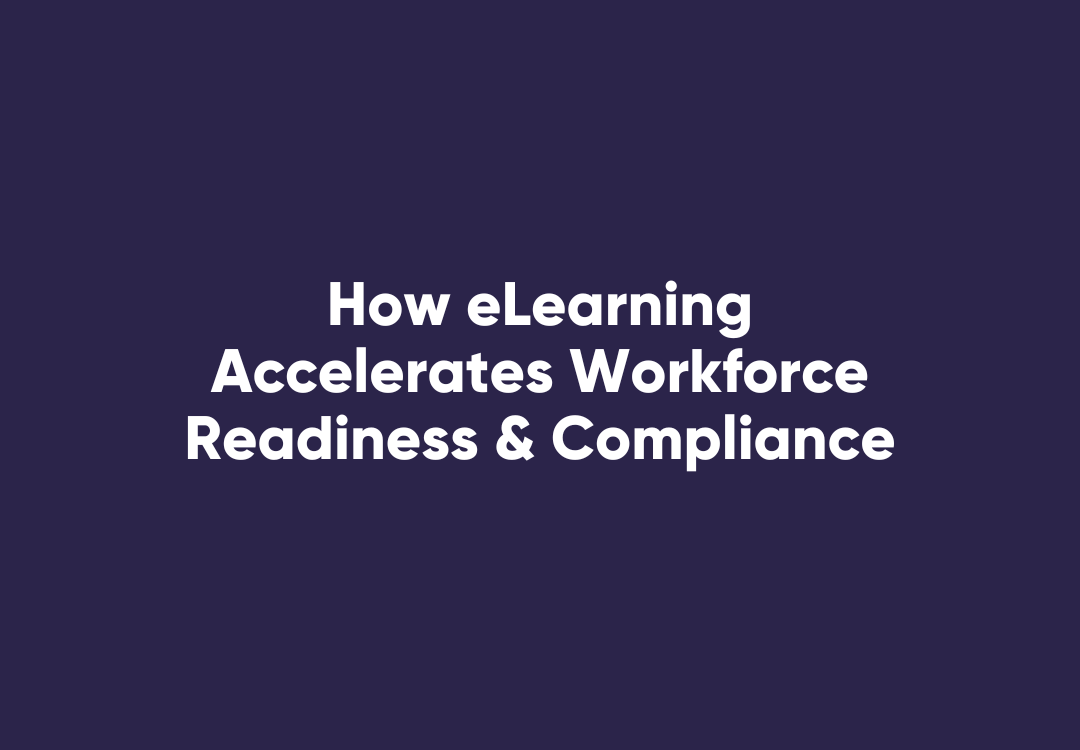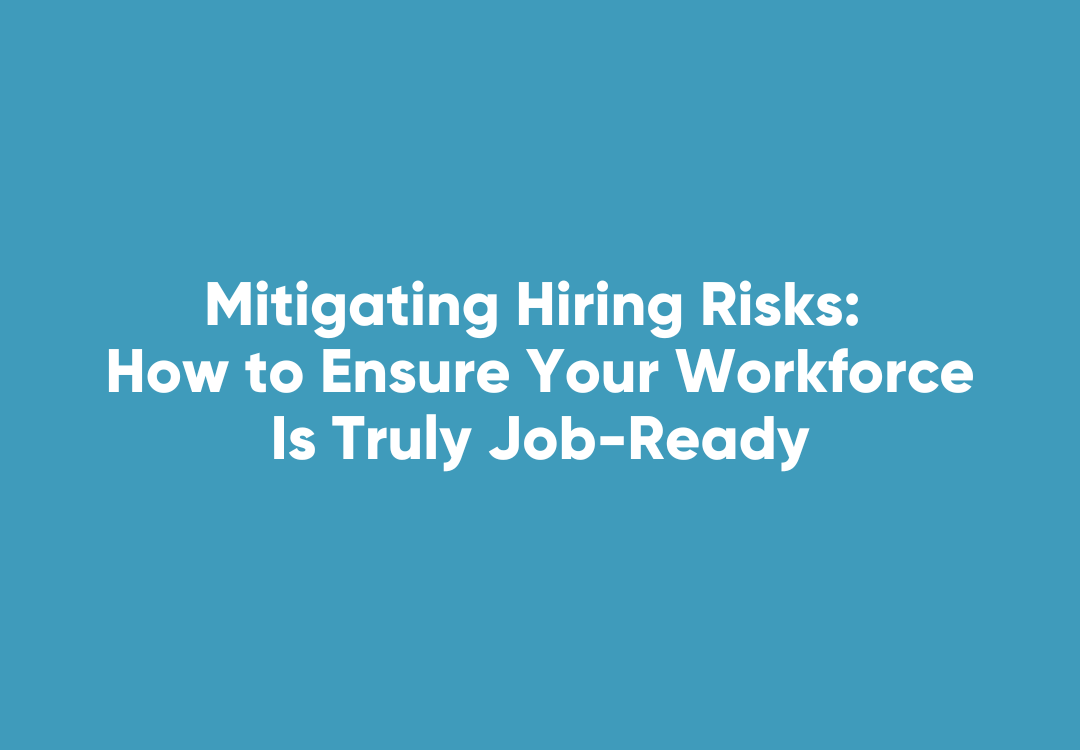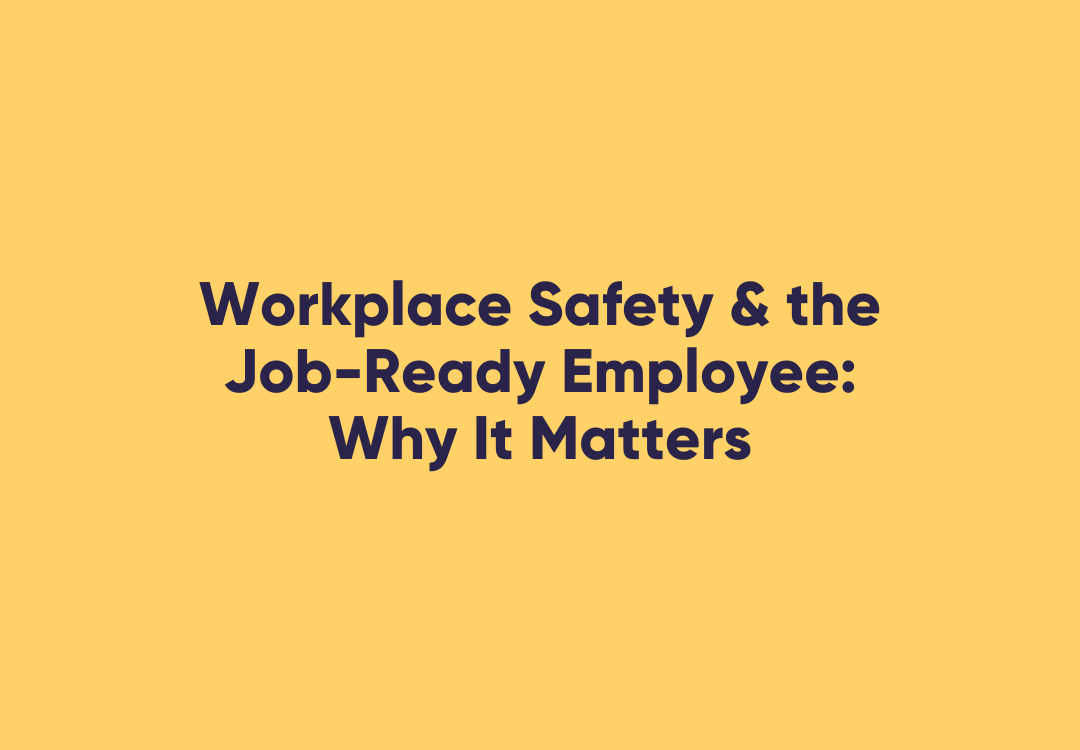What documents do you need to give employees on their first day of work?
So you’ve found some great candidates to fill a new role, interviewed them, run a streamlined reference check and maybe a background check to make sure they’re a great fit.
You’re excited, and they can’t wait to hit the ground running.
But which employment documents in Australia do you legally need to give your new employees on their first day of work? What do you need to put on top of your list to make sure your obligations and industry compliance is ticked off from day one?
Getting your onboarding program right means you can focus on training and getting your new starters up to speed, knowing the paperwork is taken care of. More importantly, it means you’re covered from a legal perspective.
Here’s a new employee checklist for employers to make sure the fine print is covered with their Australian employment documents.
1. Fair Work Information Statement
According to the Fair Work Ombudsman, every employer in Australia is required to provide new employees with a copy of the Fair Work Information Statement when they undertake a new position. This is a must-have for every new employee first day checklist.
This Statement details the conditions of the employee or staff member’s employment, including:
- Flexibility arrangements
- Employment termination
- Right of entry
- National Employment Standards
- Workplace rights
You can provide the Fair Work Information Statement in person or by mail, fax or email.
If the new starter requests further information, or if you want to provide a resource with the statement, you can provide a link to the relevant resources on the Fair Work Ombudsman website.
2. Superannuation details
The second document required for new employees covers their choice of superannuation.
Employers are required to pay superannuation for employees who earn over $450 before tax in a calendar month. This includes staff who are full-time, part-time and casual. The amount paid is usually 9.5%, unless your industry has a separate superannuation agreement.
The primary form most employers need to give staff on their first day is a Super Choice Form. This allows the new starter to choose their superannuation fund. Or, if they don’t have one, you can nominate a default fund for them.
For more information, read Super for Employers on the ATO website.
3. Letter of Engagement
According to Fair Work Australia, new employee checklists also includes providing starters with a formal Letter of Engagement. This is an official employment document that acts as terms and conditions for the employment. It includes items such as:
- Start date
- Salary/Pay
- Hours of work
- Penalty rates & loading
- Leave entitlements
- Termination policies
This is vital information for new employees, which can be issued to the employee digitally or in-person. Providing this in an in-person meeting allows you to explain the terms and gives the employee the opportunity to ask questions.
The document then needs to be signed by both parties, with one copy given to the employee for their records.
Note: Driver’s licences, Forklift licences and similar documents and accreditations that are required to work in a role must be provided by the employee before starting work. This can be obtained manually or with an online document management system.
4. Tax File Number (TFN)
Next on your new employee first day agenda is requesting an employee’s Tax File Number. This ensures you as an employer know how much tax to withhold from payments.
This can be issued to the employee via a Tax File Declaration form.
If the new starter does not have a TFN, they can apply for one here.
Note: it is a criminal offence in Australia to allow someone to work if they are in the country illegally, or in breach of their visa conditions. To avoid penalties, it’s important that you run a Citizenship & Work Rights Check on all new hires before they commence work.
5. Emergency contact information
Emergency contact information is vital information to gather on the first day of work for an employee.
Every onboarding program must include a Health and Safety Induction to ensure all staff are equipped with the right skills and knowledge to look after their health and wellbeing at work. That includes staff who will be working from home, or are coming from a similar workplace. Safety inductions are a mandatory requirement for employers to meet their duty of care to their workers.
While an induction will minimise risk and protect staff and their colleagues from injury, in the event of an accident, it’s the legal responsibility of the employer to have emergency contact details on hand.
There are plenty of boxes to tick when it comes to workforce compliance, but sorting out the documents above for your employees on their first day of work will ensure your obligations are met. All you have to do now is start planning day two!
WorkPro makes workforce screening and compliance simple with an all-in-one platform for online background checks, eLearning and document management. Learn more about WorkPro, or contact us to see how we can help you build a compliant onboarding program to suit your business.
© Copyright 2025 WorkPro Privacy Policy | Terms of Service | Terms of access




